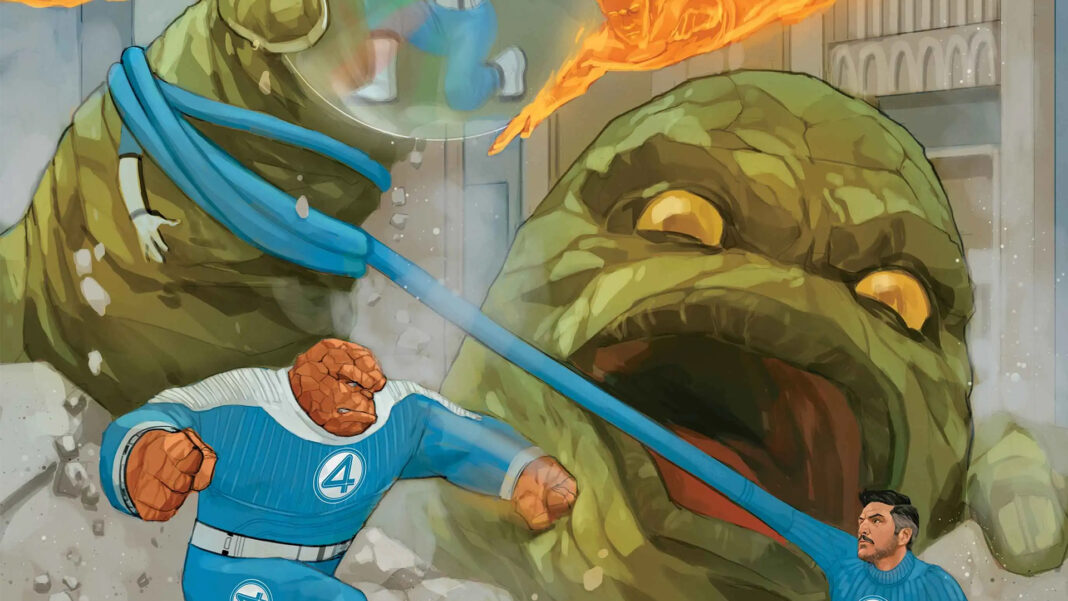Buckle up, comic book fans, because Marvel is about to pull off something unprecedented. Forget the multiverse, they’re blurring the lines between reality and fiction with a mind-bending Fantastic Four comic that exists in both the real world and the MCU. This isn’t just another crossover event; it’s a meta-narrative that challenges our understanding of storytelling itself. Ready to bend your brain and explore the thrilling intersection of fiction and fandom? Let’s dive into the innovative world of Marvel’s latest experiment.
The Fantastic Four: First Steps – A Comic in Two Realities
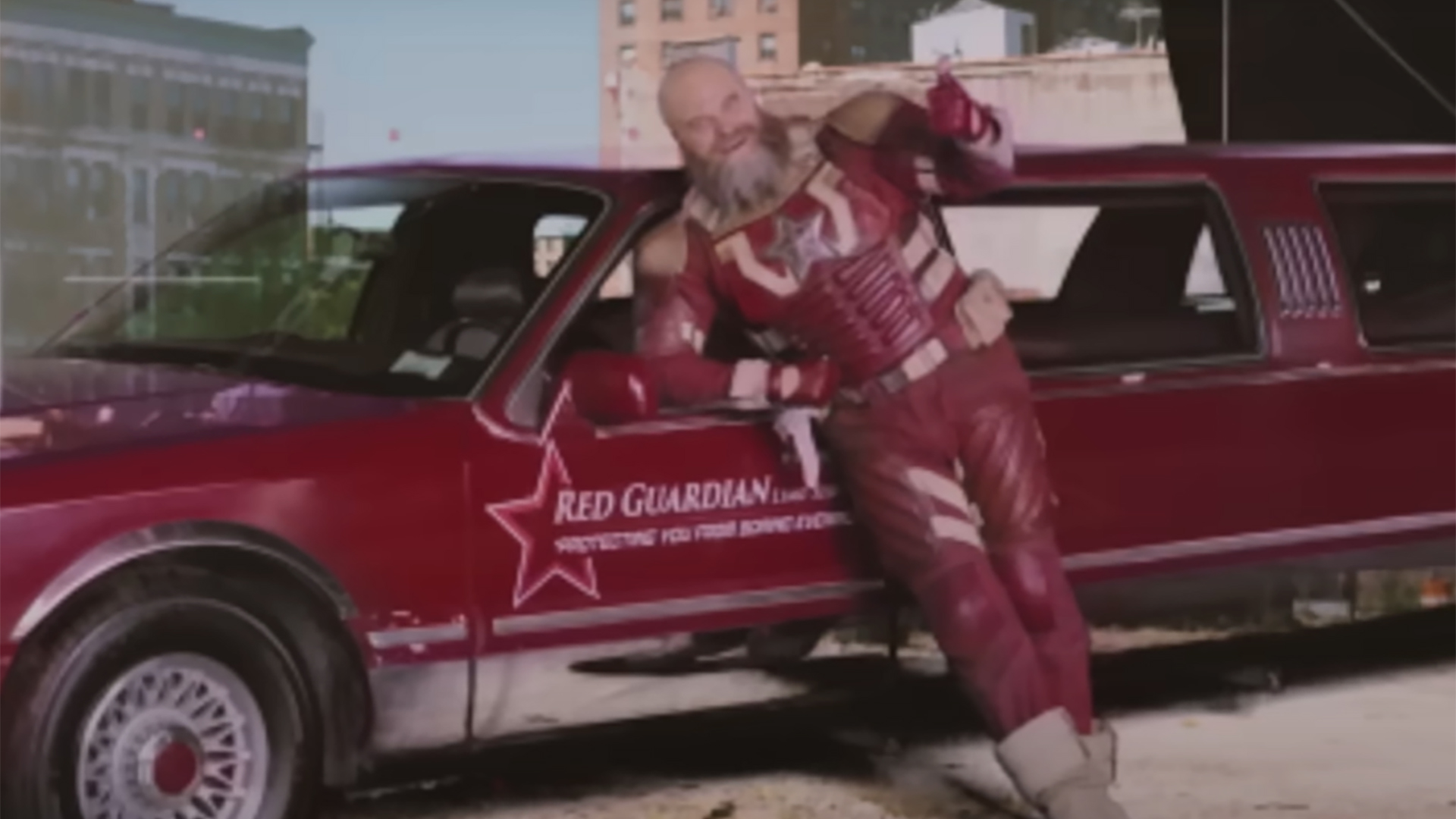
Marvel Comics is releasing a Fantastic Four comic with a unique twist: it exists simultaneously in both the Marvel Cinematic Universe (MCU) and our reality. This isn’t just a comic set in the MCU; it’s the same comic that the fictional Fantastic Four publish through their Future Foundation in the MCU. Real-world fans will be reading the same comic that the characters in the movies are reading. This meta-narrative approach blurs the lines between fiction and reality, creating a fascinating experience for comic book readers and MCU fans alike.
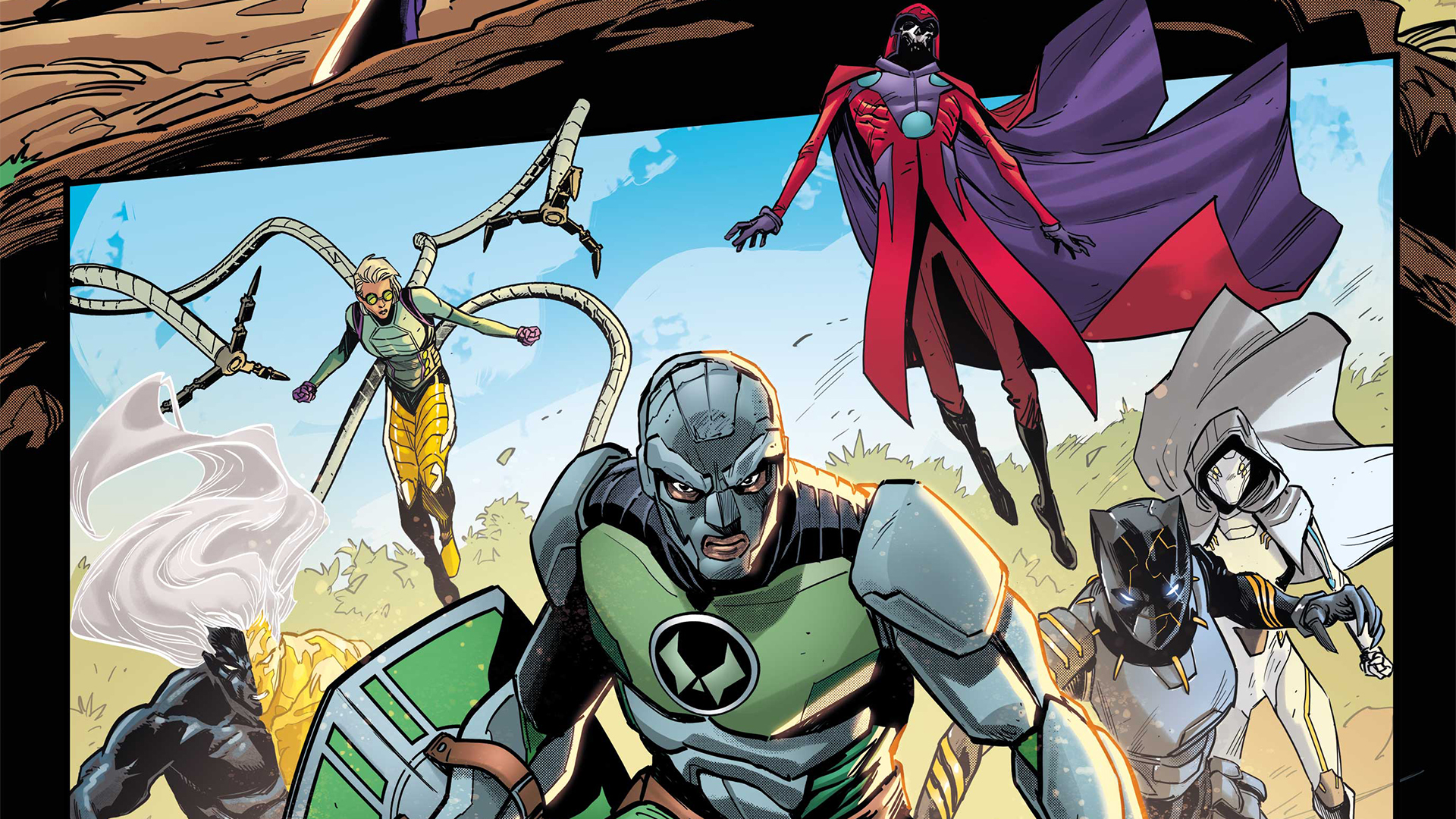
Breaking Down the Concept
The comic, titled “The Fantastic Four: First Steps,” is being written by Matt Fraction, who previously wrote Fantastic Four comics, and illustrated by Marc Buckingham. Notably, they drew inspiration from the film’s production designer, Kasra Farahani, and even visited the set of the movie. This close collaboration between the comic book creators and the film production team adds another layer of depth to the meta-narrative.
The concept of a comic existing in both universes raises intriguing questions about the nature of fictional storytelling. How does a comic book, a product of our reality, become a tangible part of the fictional universe of the MCU? Does this mean that Matt Fraction and Marc Buckingham, the real-world creators, also exist within the MCU as comic creators?

The Blurred Lines
The real-world implications of readers engaging with in-universe fictional media are profound. It creates a sense of immersion and shared experience that transcends the traditional boundaries of fiction. Readers can now not only experience the adventures of the Fantastic Four through the movies but also through a comic that exists within the same universe.
This blurring of lines between reality and fiction has been explored in various forms of media, but Marvel’s “The Fantastic Four: First Steps” takes it to a new level. It challenges our perceptions of what constitutes reality and fiction, forcing us to reconsider the nature of storytelling itself.
The Meta Narrative: Metafiction in the Marvel Universe
A History of Marvel Comics within the MCU
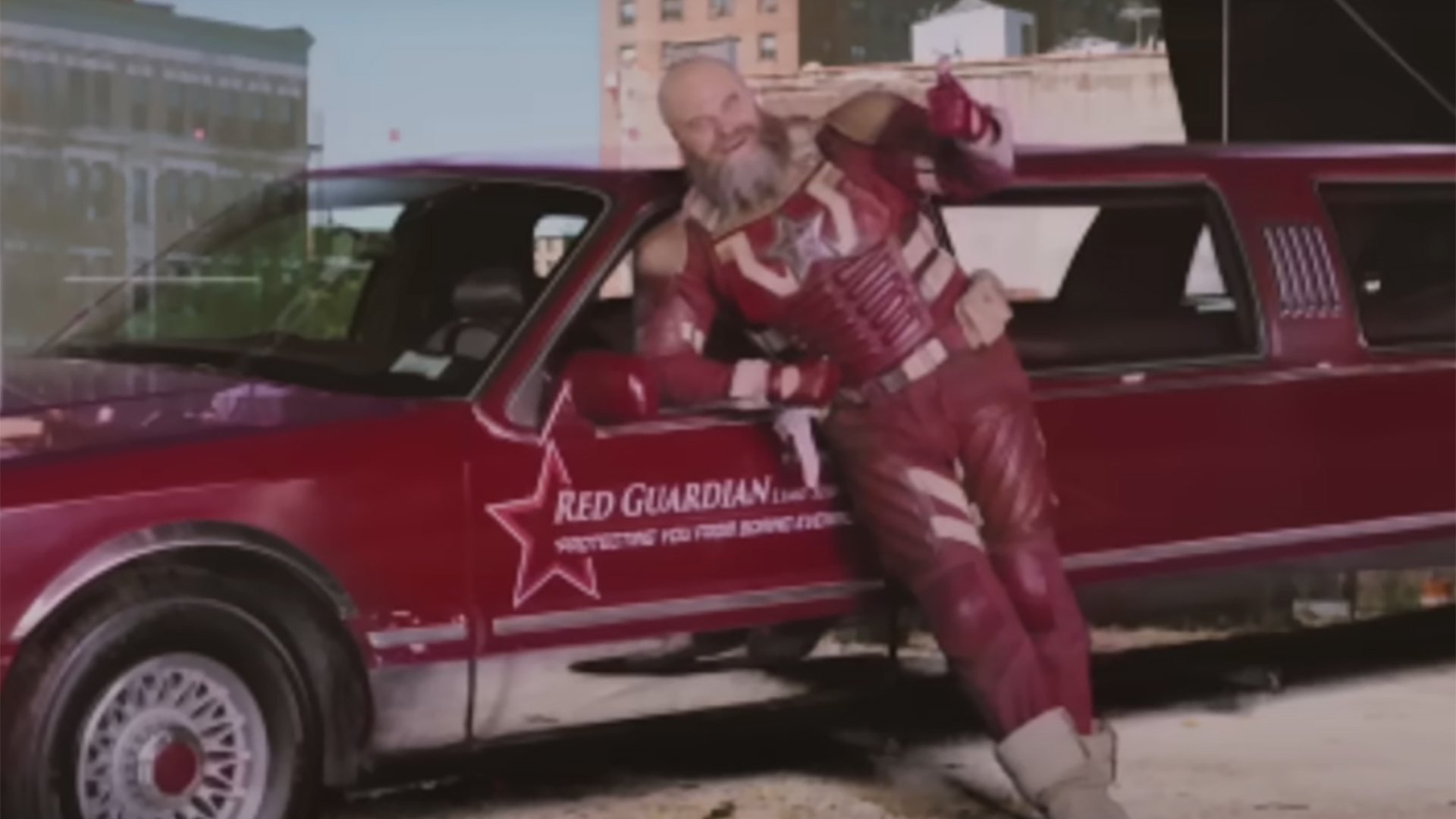
The concept of comics existing within the Marvel Cinematic Universe isn’t entirely novel. Several instances throughout MCU films and series have showcased the presence of Marvel Comics publications. Notably, in “Avengers: Age of Ultron,” Vision references reading comic books about the Avengers, highlighting their fictional status within the MCU’s narrative. Similarly, in “Spider-Man: Homecoming,” Peter Parker’s aunt May owns a copy of “Amazing Spider-Man” comics, further blurring the lines between reality and fiction.
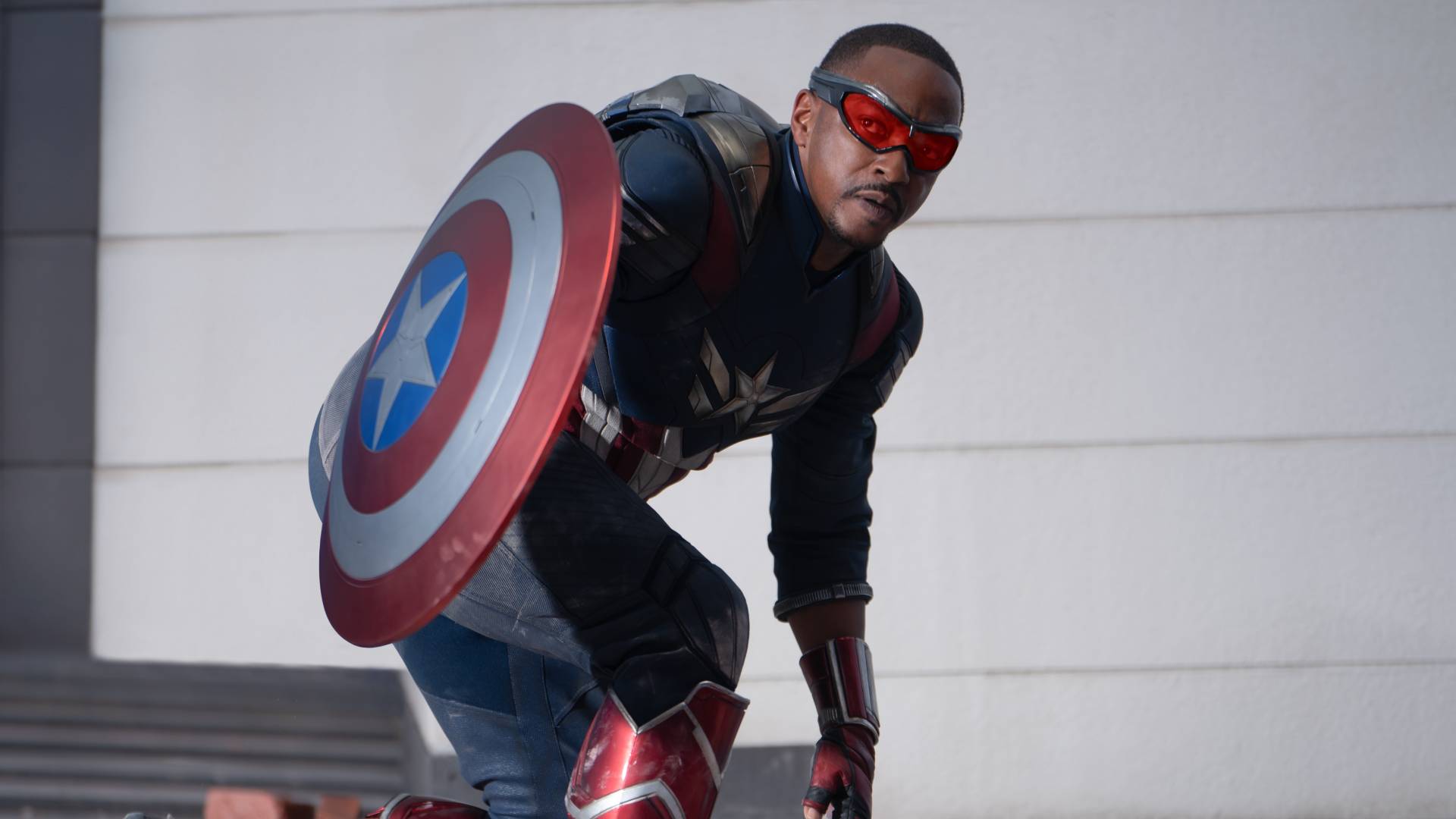
The Creators
The upcoming “Fantastic Four: First Steps” comic, bridging the gap between the real world and the MCU, is the brainchild of writer Matt Fraction and artist Marc Buckingham. Notably, the creative team drew inspiration from Kasra Farahani, the production designer for the upcoming “Fantastic Four” film. This collaboration extends to a set visit, where Fraction and Buckingham immersed themselves in the film’s production environment. This unique approach emphasizes the interconnectedness between the comic book and film productions, blurring the lines between reality and the fictional Marvel universe.
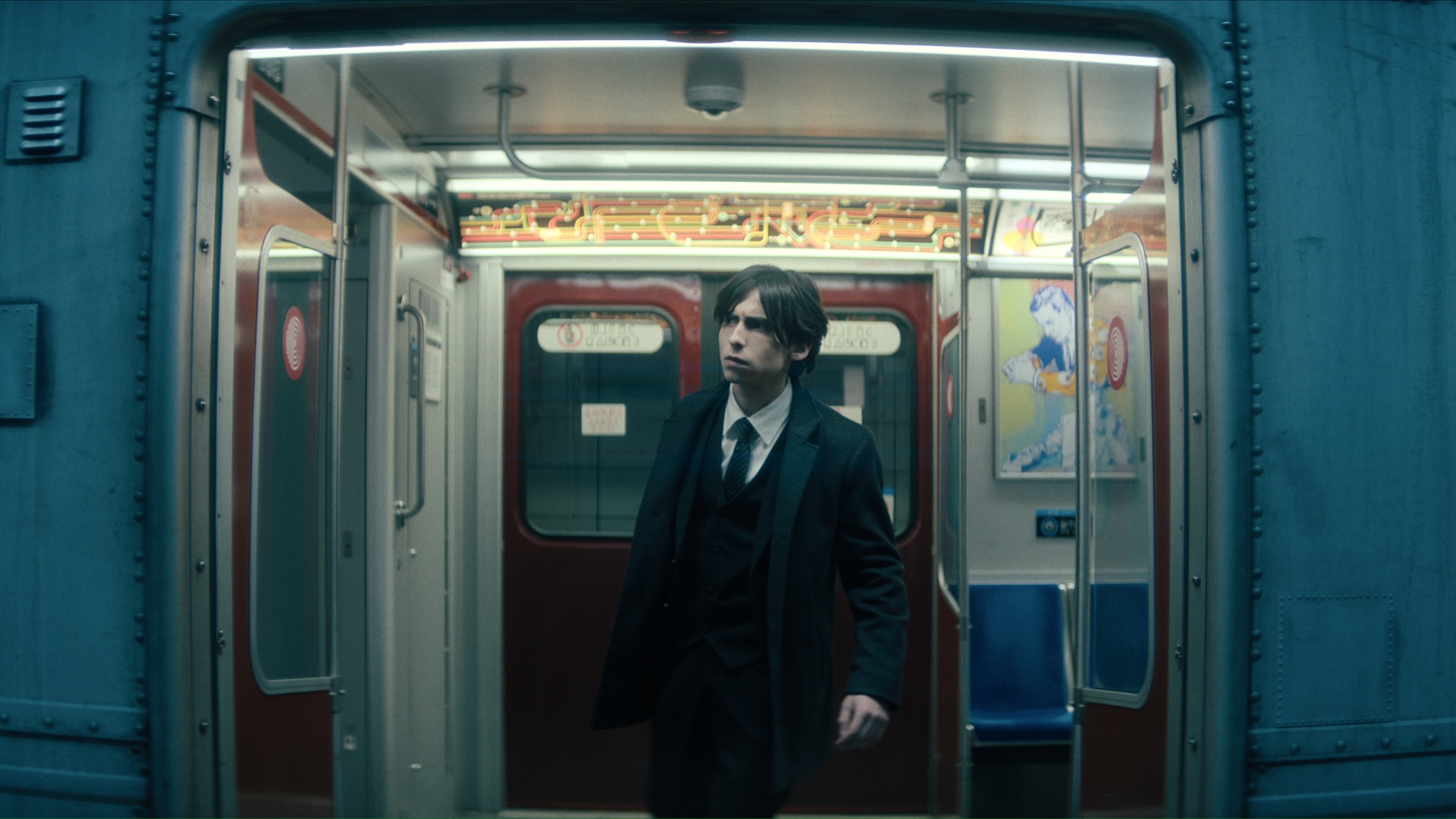
Commodifying the Fantastic Four: Merchandising and Reality-Bending
The MCU’s Emphasis on Merchandising
The Marvel Cinematic Universe has consistently leveraged merchandising as a key component of its success. The integration of merchandise within the narrative of “Fantastic Four: First Steps” reflects this strategic approach. Trailers for the film have prominently featured Fantastic Four toys and clothing, suggesting that merchandise plays a significant role in the fictional world of the film. This deliberate inclusion of product placement within the MCU narrative underscores the power of merchandising in shaping consumer perception and engagement.
The Real-World Implications
The blurring of lines between reality and the MCU through “Fantastic Four: First Steps” raises intriguing questions about the impact on consumer perception and engagement. By making a comic book exist simultaneously in both the real world and the MCU, Marvel is blurring the line between fiction and reality. This could potentially lead to increased consumer engagement with both mediums, as fans are encouraged to interact with the fictional world in a tangible way. The real-world implications of this meta-narrative are multifaceted, raising questions about the future of storytelling and the evolving relationship between consumers and brands.
Conclusion
Marvel’s latest foray into the Fantastic Four saga is rewriting the rules of comic book storytelling. By weaving a narrative that transcends the traditional boundaries of fiction and reality, the publisher is blurring the lines between the printed page and the sprawling Marvel Cinematic Universe. This groundbreaking approach, as detailed in the article, allows readers to engage with the Fantastic Four on multiple levels, experiencing their adventures both within the confines of the comic and through the lens of the MCU. The implications of this meta-narrative are far-reaching. It signals a new era of interconnectivity between comics and film, potentially opening doors for even more ambitious cross-platform storytelling. Furthermore, it speaks to the evolving relationship between creators and audiences, inviting readers to become active participants in the narrative rather than passive observers. As Marvel continues to push the boundaries of what’s possible, one thing is clear: the future of storytelling is intertwined with the realities we inhabit. Will other publishers follow suit, or will Marvel remain the pioneer of this groundbreaking approach? Only time will tell, but the possibilities are as limitless as the imagination itself.

